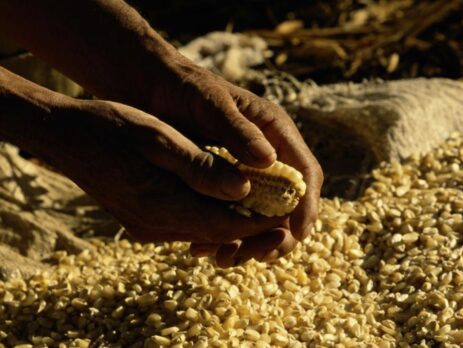16Jul-21
19May-21
[Forbes] Food: A Circular Economy Investment Opportunity For Companies
Two critical circular economy investment opportunities for businesses lie in regenerative agriculture and addressing food waste.
5Apr-21
[Forbes] Decreasing Your Carbon Footprint Through Abandoned Farmland Restoration
Different approaches to restoring abandoned farmland to carbon sinks include restoring native vegetation, establishing tree plantations, introducing livestock or implementing regenerative farming.
26Jan-21
[Forbes] How Companies Can Support A Circular Economy
In our increasingly industrialized and populated world, the current model of production and consumption of goods and materials cannot meet consumer demands sustainably. The global supply chain is dominated by the linear economy, an economic model in which raw materials are processed, used and then discarded as waste. In 2010, the volume of raw materials entering the system amounted to about 65 billion tons. Unfortunately, raw material extraction and discard have only increased over the years. As a result of high input and heavy reliance on fossil fuels, this single-use approach is a leading producer of greenhouse gas emissions. Investing in the circular economy can play an instrumental role in accelerating the implementation of sustainable solutions. Click to read full article.
22Dec-20
[Forbes] How And Why To Invest In Consumer Diet Change
Changing human consumption patterns requires cross-sector collaboration and action. By intentionally deploying capital in areas such as improved education, localized and sustainable food systems and equitable access to healthy food, investors can remove formidable barriers to consumer diet change.
1Dec-20
[Forbes] Investing In Racial Equity Across The Food System
Investors can move from transactional to transformational impact strategies that produce systemic change and long-term profitability.
23Oct-20
[Forbes] Healthy Soil: Why And How To Invest In This Sustainable Opportunity
Land degradation is no longer profitable, and we must look to the positive long-term impacts of healing soil.
9Sep-20
[Forbes] International Experience Inspires Global Business Ideas And Opportunities
Success in marketing and sales is a direct result of understanding the local culture and the unwritten rules of cultural nuance.
6Aug-20
[Forbes] The Fifth Dimension Of ESG Investing
There is a rising tide of enthusiasm and capital for environmental, social and governance (ESG) investing. However, the good news about ESG is also the bad news. Read the article on
7Jul-20









